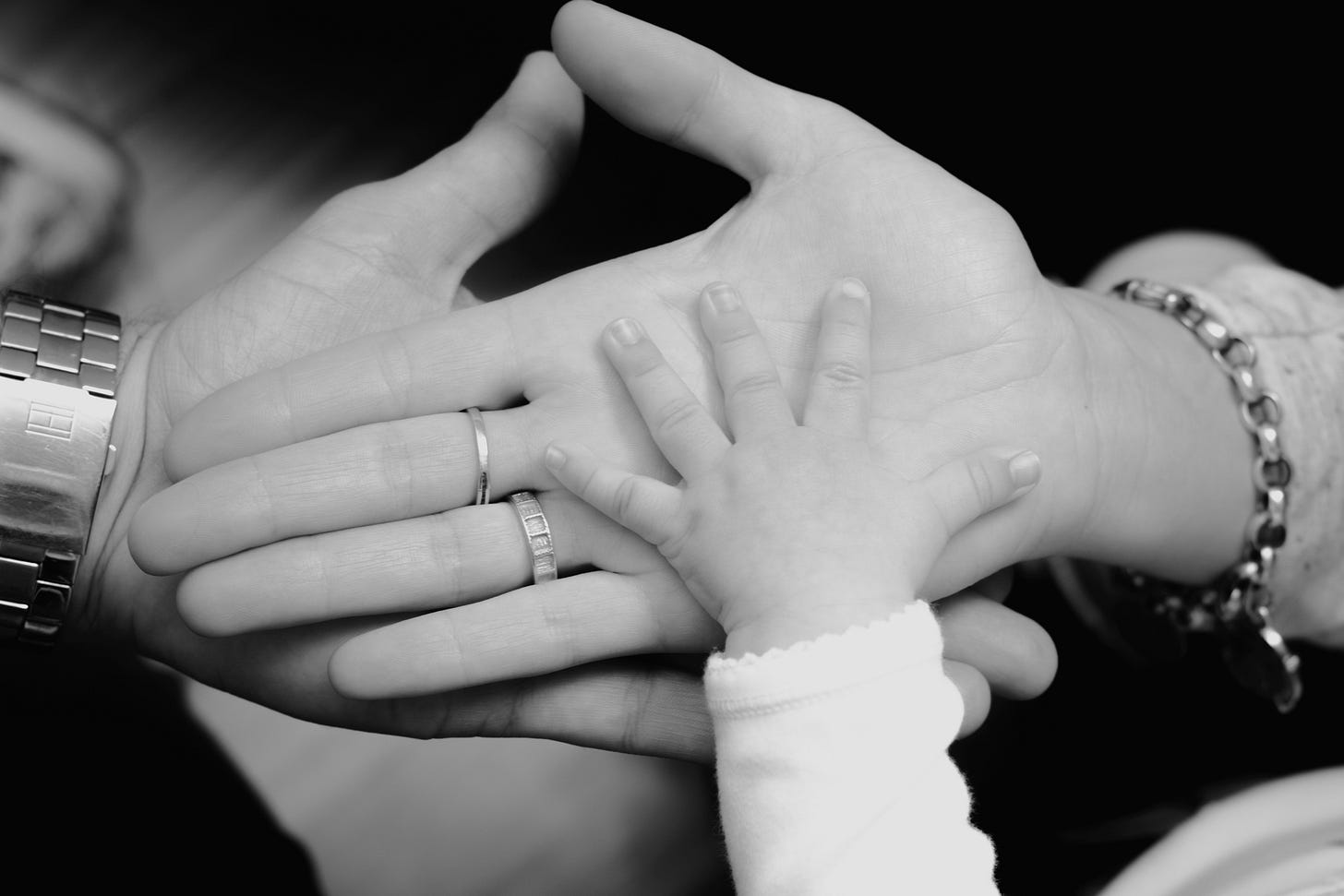What Happens When the Gift of Self is Rejected
Marriage is supposed to be about mutual self-giving, the dance between self and other, the balancing of strengths and opposites, weaknesses and complementariness. The Catechism of the Catholic Church states:
“The Church holds the exchange of consent between spouses to be the indispensable element that ‘makes the marriage’ … The consent consists in a ‘human act by which partners mutually give themselves to each other.’”
(CCC 1626,1627)
When self-giving is one-sided—as it is in all abusive relationships—a corruption of God’s intentions takes place. This is a form of evil, a desecration of the gift of self.
“There exists in love a particular responsibility—the responsibility for a person who is drawn into the closest possible partnership in the life and activity of another … It follows that one has a responsibility for one’s own love: is it mature and complete enough to justify the enormous trust of another person, the hope that giving oneself will not mean losing one’s own ‘soul,’ but on the contrary enlarging one’s existence—or will it all end in disillusionment?”
(Pope St. John Paul II, Love and Responsibility)
This responsibility includes “a concern for the true good of the person,” which is “never in itself an unpleasant or painful feeling” (JPII).
Or at least it shouldn’t be.
When the responsibility of mutual self-giving is ignored or abused, this causes the neglected partner to feel traumatized because it alters the life she thought she was living. Her entire world shifts; the safe footing beneath her crumbles to dust. In Theology of the Body, Pope St. John Paul II makes the point that
The acceptance of the woman by the man and the very way of accepting her become, as it were, a first gift in such a way that the woman, in giving herself, at the same time ‘discovers herself,’ thanks to the fact that she has been accepted and welcomed and thanks to the way in which she has been received by the man. She therefore finds herself in her own gift of self when she has been accepted in the way in which the Created willed her, namely, ‘for her own sake.’
That’s why intimate partner violence, in any form (physical, verbal, psychological, emotional or spiritual), is a complete rejection of that beautiful self-giving gift. It’s not being loved for one’s own sake, and it causes a rupture in beinghood, because the victim “loses herself” or, to again quote Pope St. JPII, it causes her feel as if she’s lost her soul—the most intimate part of her self, the God-given aspect that makes her unique.
How can the self be recovered and reintegrated after the toxic damage of domestic abuse? One crucial aspect to healing is that of developing and nurturing healthy relationships. This is often the most difficult thing a trauma survivor can do, because trauma naturally causes the victim to sink into herself, to seek a sense of safety by withdrawing from others. Relationships have become too dangerous, too difficult. Isolation feels safer.
“In order to heal from trauma, you need to unlearn the self-protections that keep you from leaning into others. But you need to do it gradually, at your own pace. Learning to lean into [safe and trusted] others is one of those skills that is paradoxical. You can’t work harder to lean; you actually have to let go.”
(Gretchen Schmelzer, Ph.D., Journey Through Trauma)
Betrayal changes our story. We thought our lives were this, but now we realize they’re that. All else has been an illusion, or at least it feels that way. Constant and cyclical traumatic experiences disrupt and challenge our previously-held beliefs about the world, relationships, God, and even our own existence.
The key is to go slow. Little steps are crucial—no leaping over canyons at this point.





